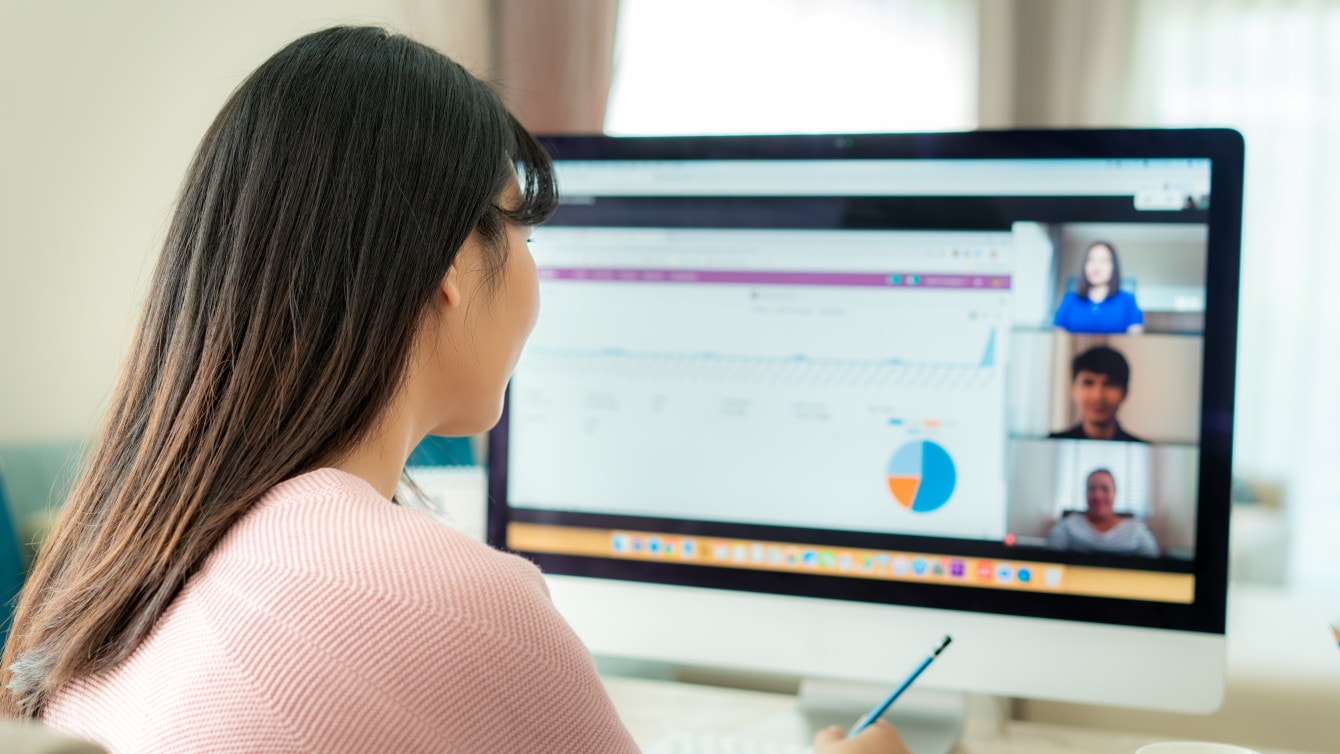

SERVICES
Audit
APPROACH
Digitising audits: A leap forward in the evolution of auditing.
Powered by
PwC's bespoke AI solutions | Azure Kubernetes Service | Azure Cognitive Services
A leap forward in the evolution of auditing, powered by Microsoft
High quality financial statement audits are fundamental for building trust in markets and society. The Smart Audit Platform, created by PwC Australia, uses the power of Microsoft Azure to digitise key aspects of the audit. It helps teams consistently deliver high quality audits to clients.
Since launch, over 12,000 PwC auditors across 12 countries have used the Smart Audit Platform. They have realised over 300,000 hours of efficiency benefits, helping more than 10,500 clients.

In an industry-first, it is tailored to the diverse needs of the Asia Pacific region – including different languages, document formats, reporting standards and ways of working.
Its success has seen it rolled out to other countries in the PwC network, bringing value to clients outside Asia Pacific.
The challenge
Financial Statement Audits are, by nature, detailed and time-consuming to deliver. Our internal research into one audit activity – a ‘Test of Details’ – showed that auditors could spend as much as 49% of their time collecting, extracting, validating and matching information before they start their testing.*
By removing the routine, repeatable, time-consuming tasks, we can free up our auditors to spend more time on the complex, high-value decisions and insights that rely on human judgement. The result is a more insightful audit for our clients.
‘Off the shelf’ audit technology was often limited. For the solutions that could automate some types of audit tests, they were often rigid – limited to specific document formats, languages and templates – or would require upfront configuration for the smallest of variations. Instead, we decided to create our own - leveraging the best of PwC and Microsoft.
A powerful combination of people and technology The how
The Smart Audit Platform is the product of one of the largest regional collaborations within PwC to date. A community of solvers across 12 countries – consisting of AI researchers, software engineers, data scientists, business analysts and experience designers – worked side-by-side with audit teams, listening and learning from one another. Technology is a part of the DNA of PwC’s audits, not a bolt-on.
Insights were gathered to meet as many of the diverse client needs of the Asia Pacific region as possible. It was designed and delivered under an agile methodology in a series of sprints – start small, test and learn, engage and excite the workforce, deliver often.
“You need a deep blend of technology development expertise and business domain knowledge to deliver successful automation projects at scale. We embedded machine learning developers, experience designers and software engineers within our Assurance business to work alongside our audit, data and risk professionals.”
Tom Pagram,Chief Technology Officer - Assurance
Powered by Microsoft
Portability, flexibility and scalability were key requirements for the Smart Audit Platform. A range of Microsoft Azure services were selected because they enabled us to meet the diverse needs of clients across different geographies and languages - both in the cloud and on-premise.
Trust was another key driver for selecting Microsoft Azure for the solution platform. It incorporates market-leading cloud security and extensive compliance certifications, giving us and our clients the confidence we need to store and process confidential information.
The solution
The Smart Audit Platform consists of a growing number of reusable tools (or ‘microservices’)’ for extracting information from documents, analysing data and preparing deliverables. It is currently used to streamline the financial statement tie-out process and to help automate substantive testing.

- Financial Statement Tie-Outs
Verifying the integrity of a client’s financial statements through a series of automated internal consistency, mathematical accuracy, prior year consistency and disclosure checks, before it is published to the market.
- Substantive Testing
Automating a first-pass ‘test of details’ for Property, Plant & Equipment Additions (PP&E) and Operating Expenses (OPEX).
These smart audit solutions represent a leap forward in the evolution of audit. Underpinning them are a series of machine learning models. For example, we use the same type of cutting-edge AI technology that’s used for facial recognition to recognise tables in financial statement documents, and we apply the same types of algorithms that are used in car navigation systems to identify the optimal methods for re-calculating financial statements. These models run in a highly scalable environment that is powered by Azure Kubernetes Service - Microsoft’s hardened solution for running and scaling cloud-native applications.
Trust, delivered digitally The outcome
Since launch, over 12,000 PwC auditors across 12 countries have used the Smart Audit Platform. They have realised over 300,000 hours of efficiency benefits, helping more than 10,500 clients. It also helped us expedite the design of AI-powered automation platforms for clients, delivering their own digital transformation initiatives.
Today, the Smart Audit Platform forms part of PwC’s global audit technology ecosystem and redefines the way we build trust in financial markets.

* Based on a time study analysis across 22 different audit tests and 10 audit engagements.
About PwC Assurance
With uncertainty and disruption now the norm, the leaders of today face risk, anxiety and opportunity. The complexity of the world around us necessitates speed and precision in decision making. PwC’s Assurance team gives clients the confidence they need when making some of the biggest decisions of their careers; that the decisions they make are the right ones for their organisation, their stakeholders and the community more broadly. In Assurance, we see and solve for the bigger picture, not just one piece of the puzzle, to build, earn and share trust. A community of solvers, we enact change that’s not just valuable, but sustainable. That’s Assurance.














